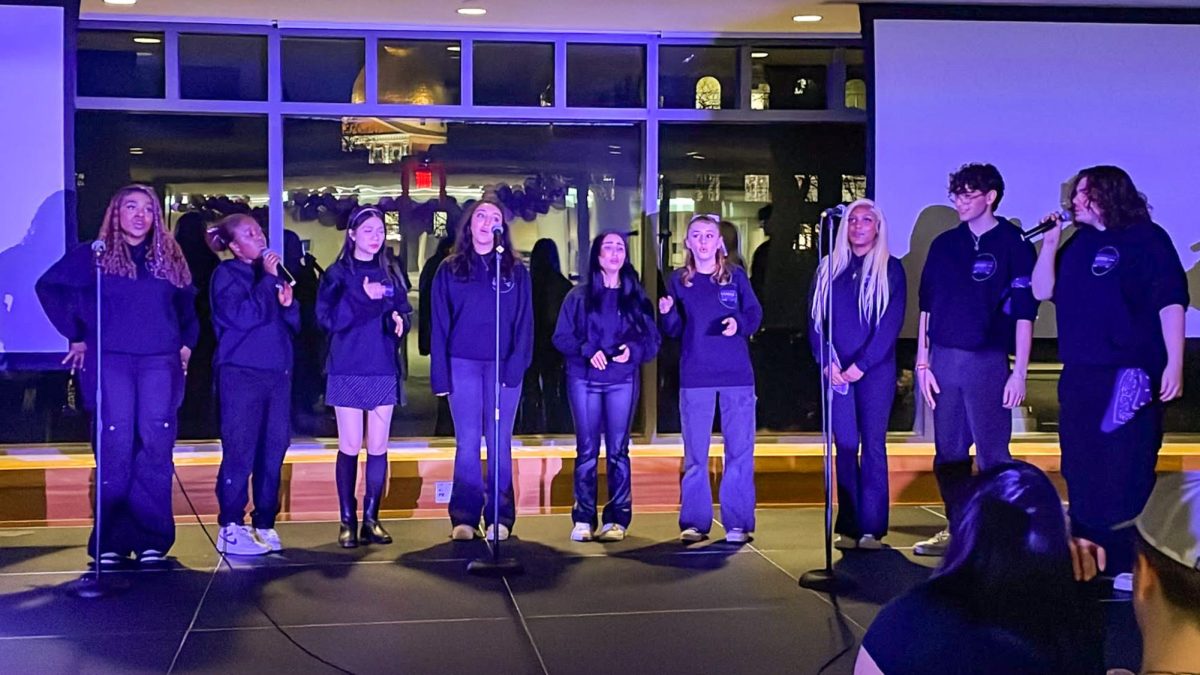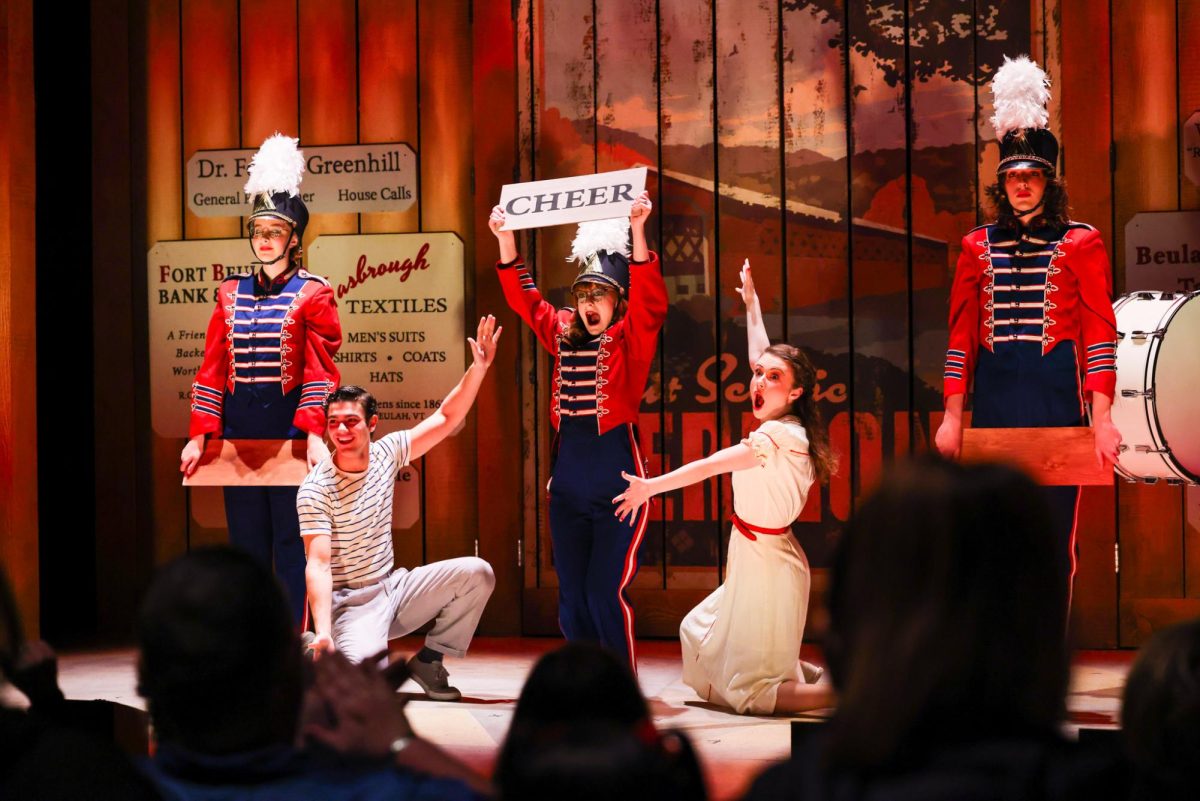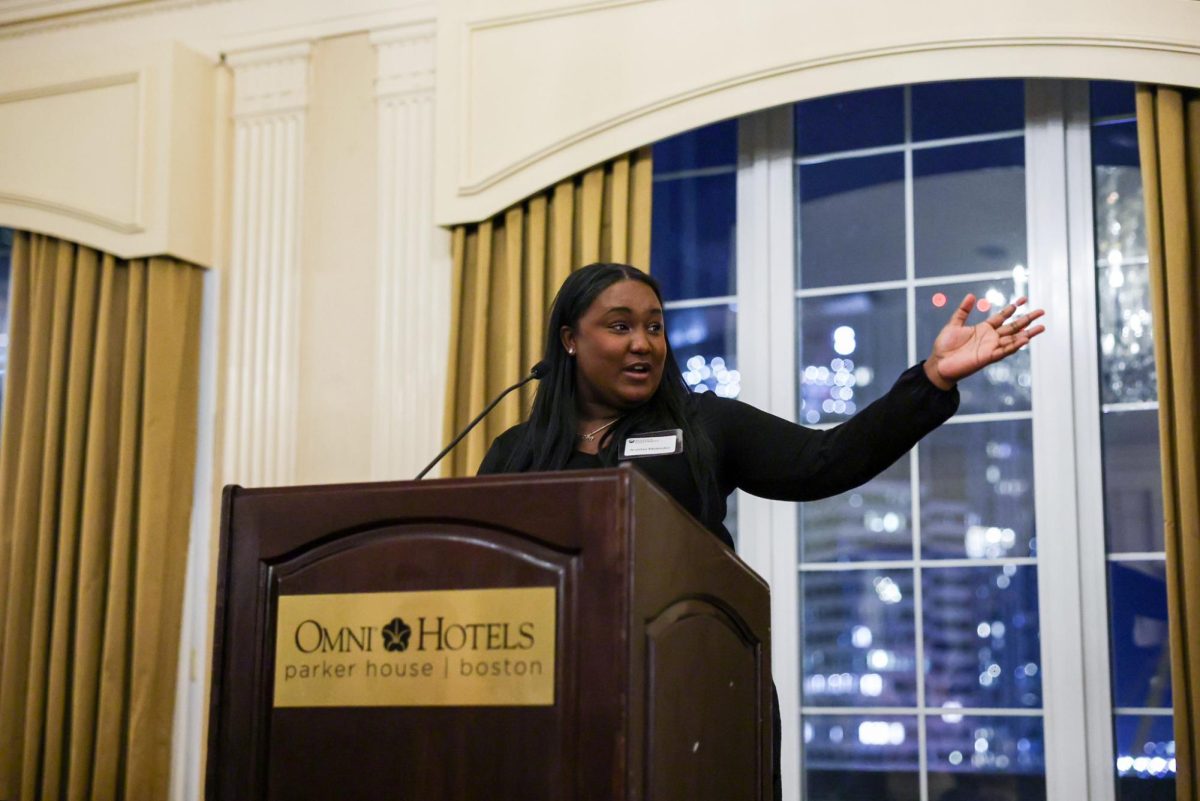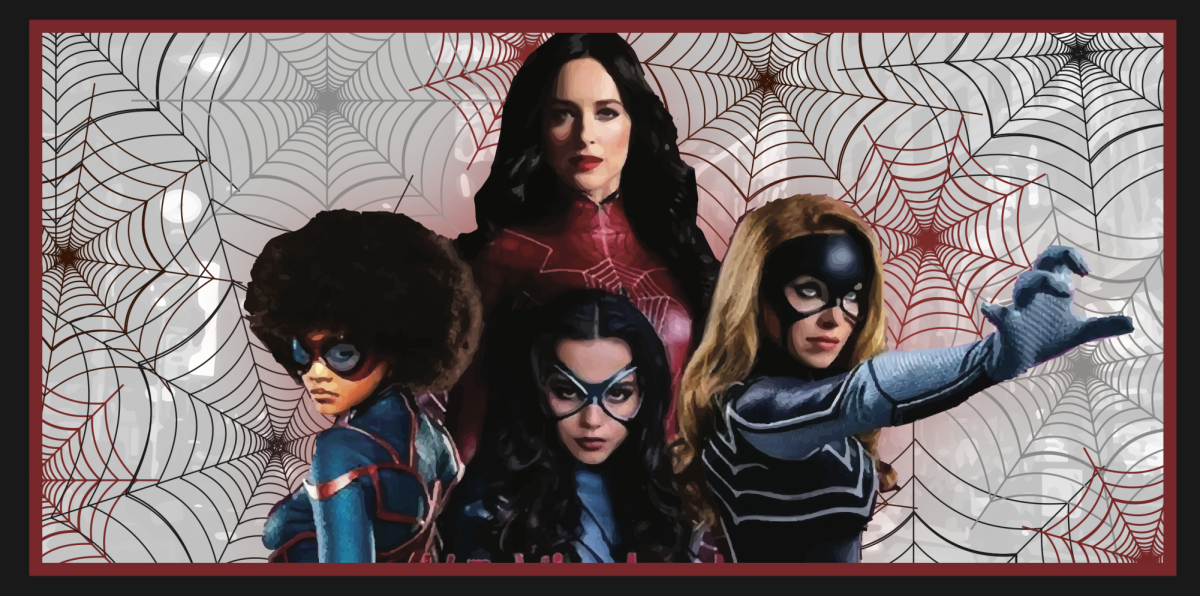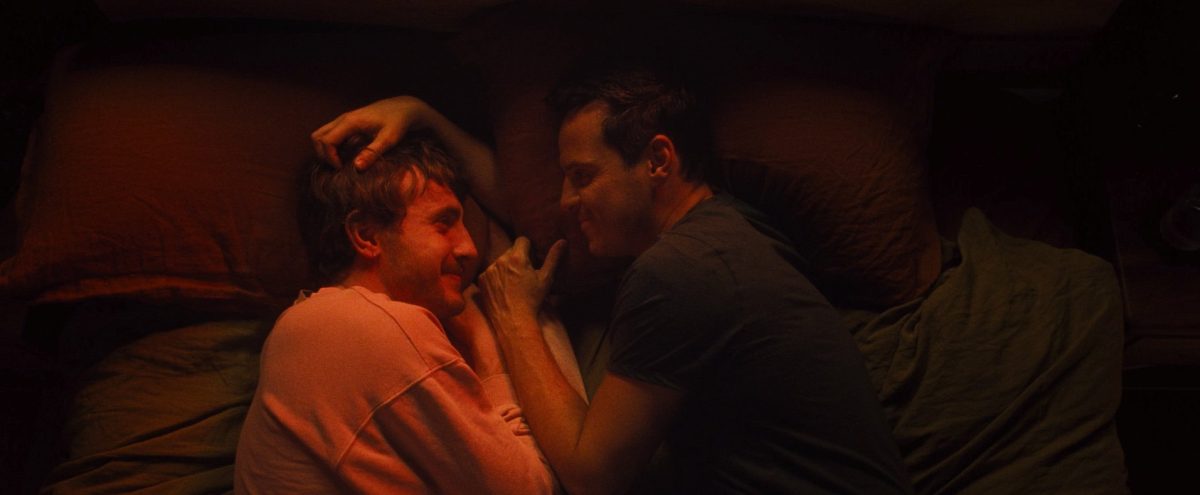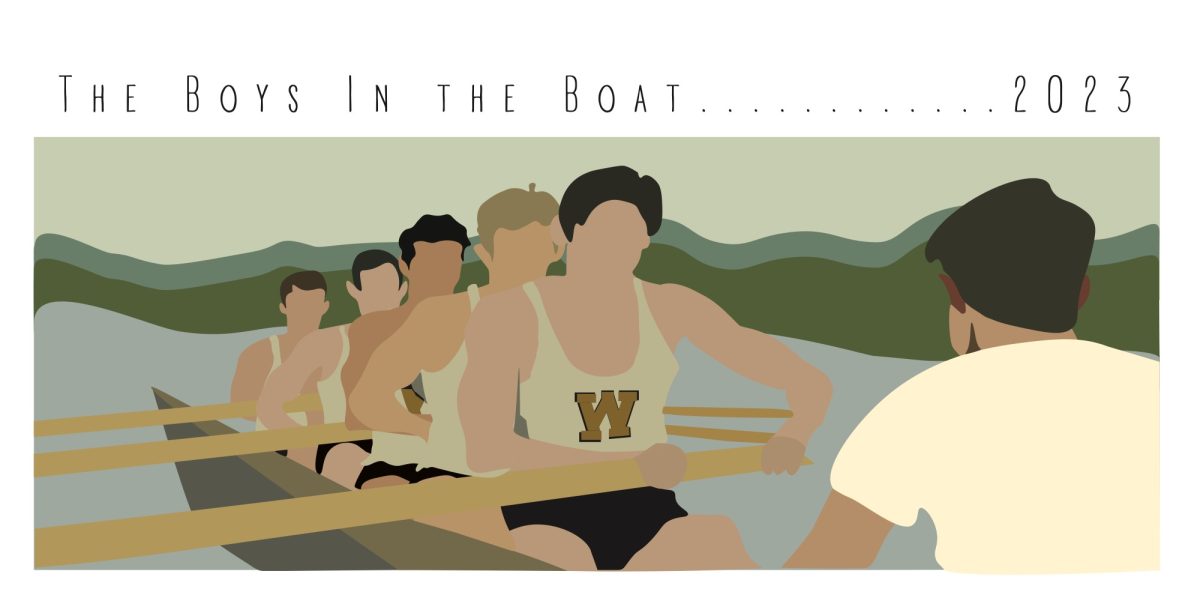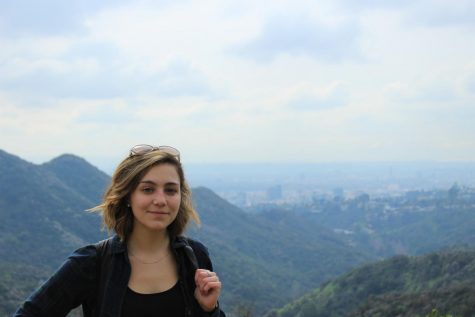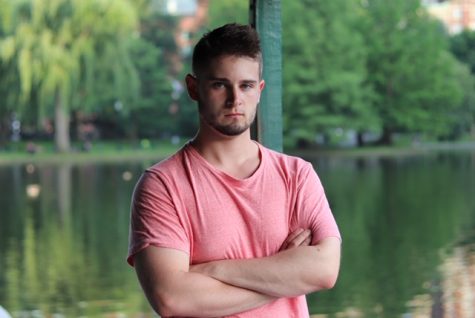As a result of vicious acts of genocide and other heinous crimes against humanity, billions of people from all across the globe have been displaced from the countries they used to call home. In the documentary film “Human Flow,” director and renowned Chinese artist and activist Ai Weiwei provides a detailed portrayal of the numerous refugee crises tormenting humankind.
“What does home mean when 68.5 million people are homeless?” Brandeis professor Emilie Diouf, a Senegal native, feminist and global human rights activist asked during opening remarks. Diouf proposed a few notable questions on Monday for the audience to consider during the Suffolk Ford Hall Forum’s screening of Weiwei’s riveting film “Human Flow” at 4:30 p.m. in the Modern Theatre.
“What does home mean when 68.5 million people are homeless?”
— Brandeis professor Emilie Diouf
With an interactive Senegali story-telling exchange conducted by Diouf, the audience embarked on an authentic journey toward understanding the heart-breaking and staggering scale of the refugee crisis and its human impact.
Using awe-inspiring and shocking cinematography, Weiwei sends a vivid message about the more than 65 million people that have been displaced from their homes over the past few decades – the greatest displacement the world has seen since World War II.
The film opens-up with an aerial view of the ocean as a boat carrying dozens of refugees appears. As they reach the shore, Weiwei and his colleagues greet them, using a point-of-view camera angle to help it seem less like a film, and more as though the viewers are actually there.
The juxtaposition of the ocean alongside the refugees shows the audience the severity of the humanitarian crisis. The ever-growing population of displaced people has created an untamable flood of people into a myriad of neighboring states. From this comparison Weiwei found the name “Human Flow” to explain the intensity of this refugee influx, as a metaphor comparing the movement of water to the flow of people around the world.
Weiwei intermittently presents statistics to articulate the severity of the refugee situation. One states that 277 thousand Syrian refugees have gone into Iraq. Another states that following the 2003 invasion of Iraq, 268 thousand died and roughly 4 million Iraqis have been displaced.
After the dramatic and tone-setting introduction, Weiwei and his team take viewers all around the world to nations where refugees are suffering. In the Iraqi camp, Weiwei has individual refugees stand still in front of the camera to be seen as human beings, depicting the humanity that refugees are often stripped of.
“Missiles from Jobar [kept] falling like rain,” a woman in an Iraqi camp tells the camera. Another Syrian refugee in a camp in Idomeni Greece speaks passionately, “I’d like to see the leaders come and sleep here for a day. Could they stand the suffering?”
Weiwei continues showing humanizing aspects of the refugees; he uses a brief clip of a son pestering his mother, a child crying or brothers hugging each other. In one particularly heart-wrenching scene, one Syrian refugee discussed his story at a camp in Turkey.
The refugee emotionally explained that he left his nation with 17 people while displaying the identification card for each person. He then bursts into tears and announces that by the time he made it to Turkey, five of those people had died. Some in the theater shed a tear, and some of those who did not had to fight not to do so.
A pivotal point in the film occurs in Lesvos, Greece, where refugees, according to the film, were arriving at a rate of 56 thousand refugees a week. When the documentary was filmed, Macedonia, a nation just north of Greece, had closed their borders to refugees.
Passing through Macedonia is essential in order for many refugees to get to nations like Germany and Sweden, where refugees have heavily been seeking asylum. Weiwei depicts this struggle by showing refugees sitting outside a barbed wire fence, waiting for the border to open, explicitly displaying the difficulty and frustration that refugees face while on the path to seek asylum.
For viewers with limited knowledge of the refugee crisis, this film effectively displays the vast impact the crisis has had around the world. With globalization allowing the world to become connected on a greater scale than ever before, “Human Flow” provides profound insight into the refugee crisis and the importance of maintaining humanity.








